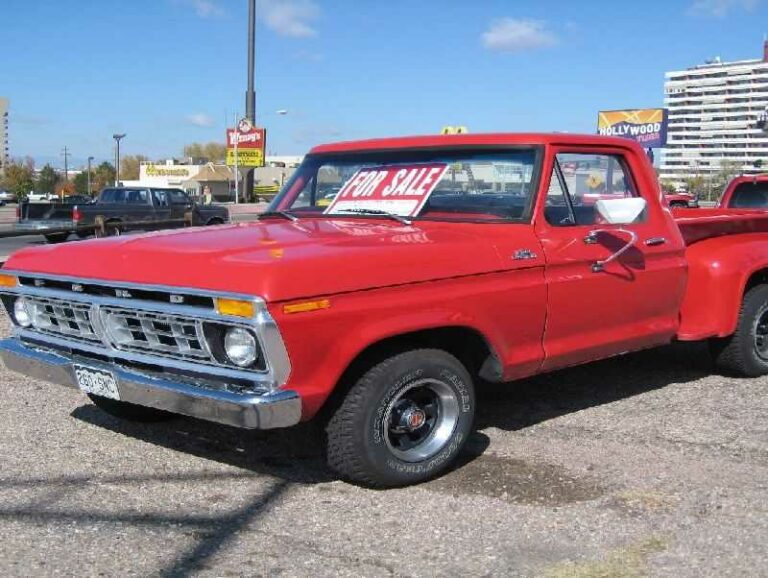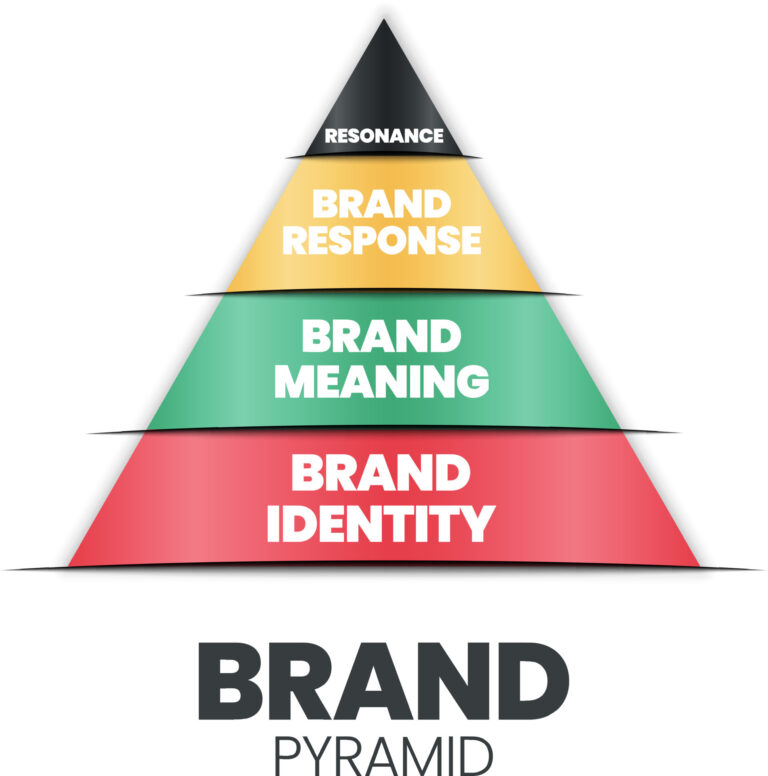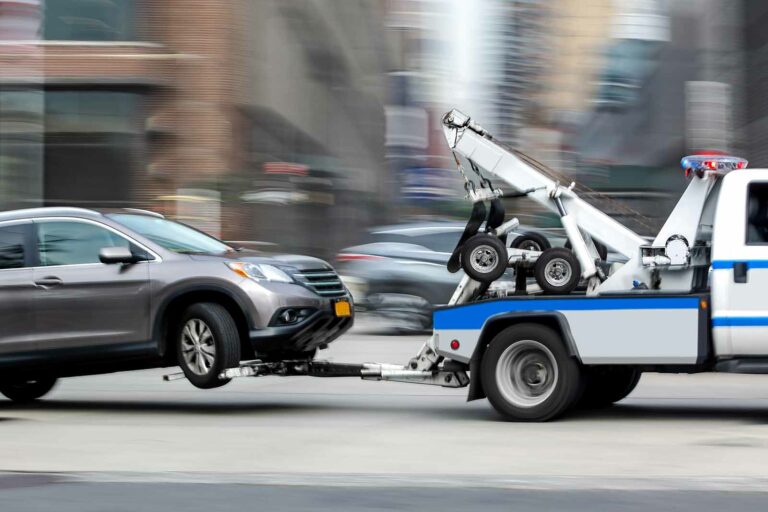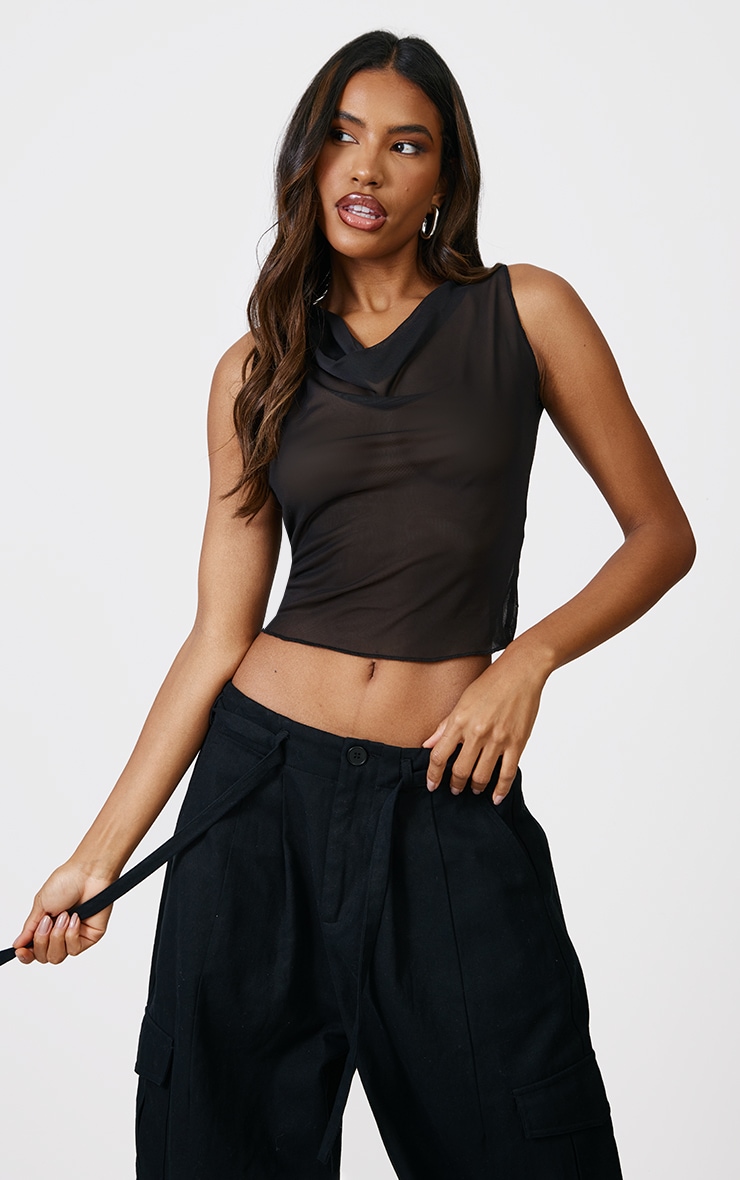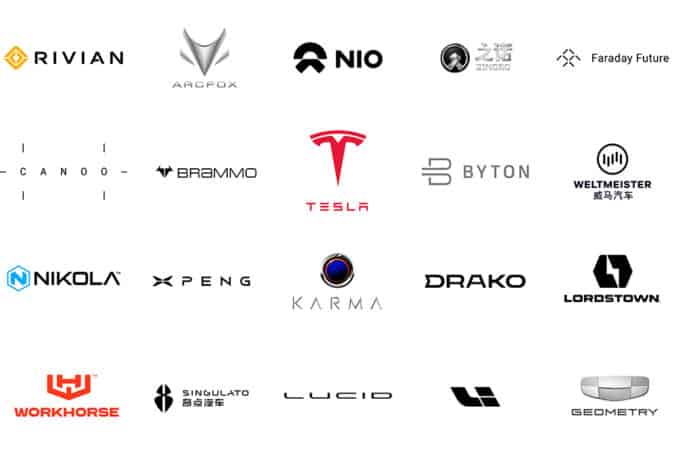Car Hauler Trailer Brands: Your Definitive Guide to Transporting Vehicles
Car Hauler Trailer Brands: Your Definitive Guide to Transporting Vehicles cars.truckstrend.com
The world of vehicle transportation, whether for personal passion, professional logistics, or competitive racing, hinges on one critical piece of equipment: the car hauler trailer. Far more than just a platform on wheels, a well-chosen car hauler is a sophisticated tool designed to safely and efficiently move one of your most valuable assets. With a dizzying array of brands and models available, navigating this market can feel overwhelming.
This comprehensive guide aims to demystify the landscape of car hauler trailer brands, offering insights into what makes a great trailer, detailing leading manufacturers, and providing actionable advice to help you make an informed decision. Choosing the right brand isn’t just about price; it’s about investing in safety, reliability, durability, and ultimately, peace of mind.
Car Hauler Trailer Brands: Your Definitive Guide to Transporting Vehicles
Understanding Car Hauler Trailers: Types and Applications
Before diving into specific brands, it’s crucial to understand the fundamental types of car hauler trailers and their typical applications. This knowledge forms the basis for selecting a brand that aligns with your specific needs.
-
Open Car Haulers:
- Description: These trailers feature an open deck, often with ramps for loading. They are typically lighter, more affordable, and offer easier loading/unloading.
- Applications: Ideal for general vehicle transport, daily operations, race car hauling (where weather protection isn’t paramount), and situations where budget or weight is a primary concern.
- Variations: Single-car, multi-car (gooseneck or bumper pull), flatbed, dovetail.
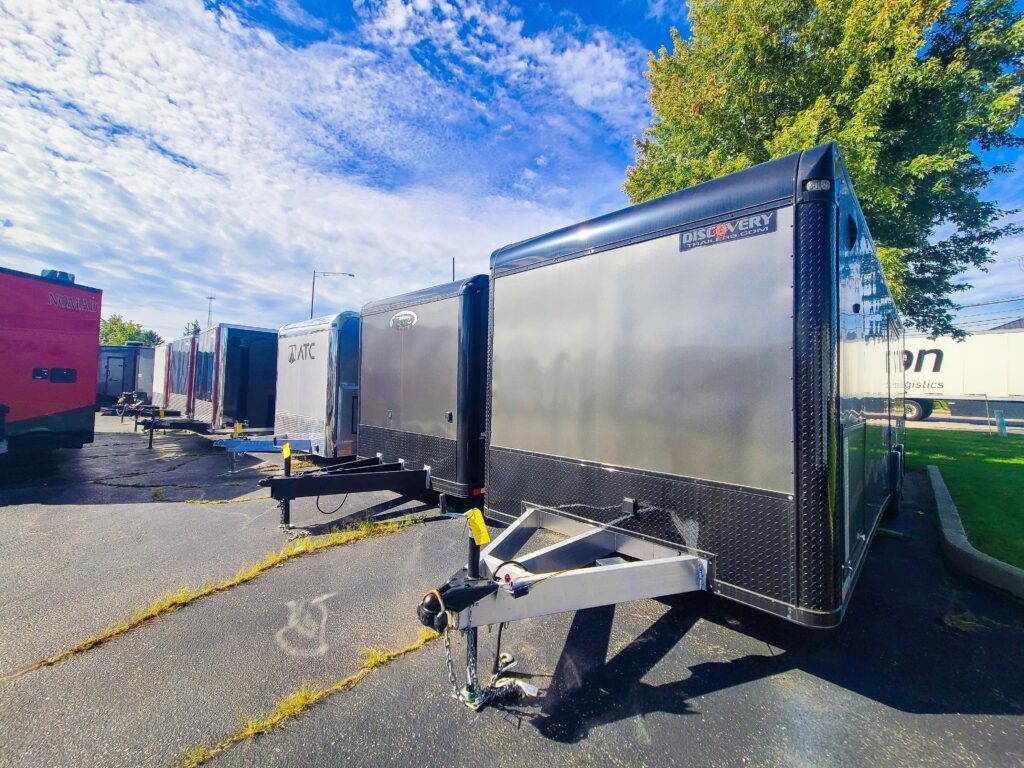
-
Enclosed Car Haulers:
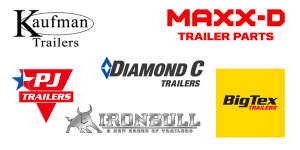
- Description: These trailers are fully enclosed, providing maximum protection from weather, road debris, and theft. They often come with interior lighting, cabinets, and other amenities.
- Applications: Perfect for transporting classic cars, exotic vehicles, high-value show cars, race cars requiring secure storage and workspace, or any vehicle needing complete environmental protection.
- Variations: Tag-along (bumper pull), gooseneck, stacker trailers (for multiple vehicles stacked vertically).
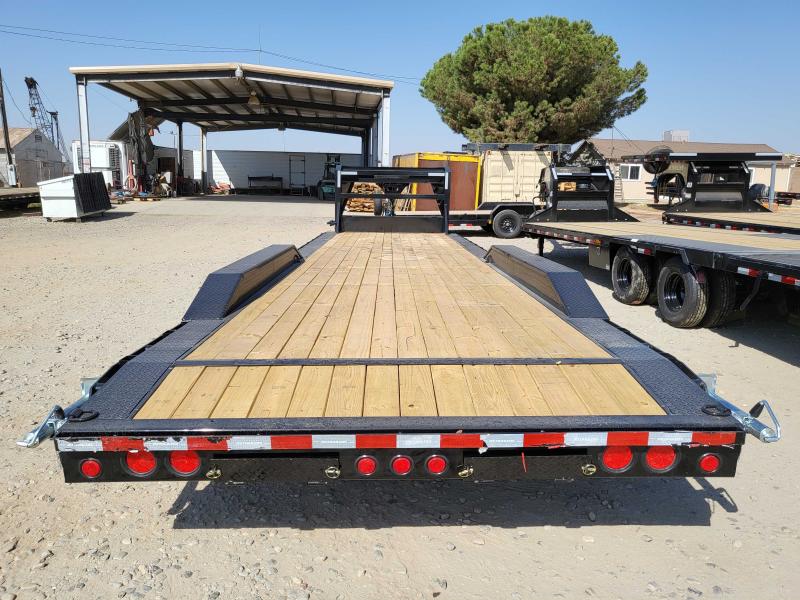
-
Gooseneck vs. Bumper Pull:
- Bumper Pull: Attaches to a hitch on the rear of the tow vehicle. More common for single-car open trailers, easier to maneuver for some, but can have more sway with heavier loads.
- Gooseneck: Attaches to a ball hitch mounted in the bed of a pickup truck. Offers superior stability, better weight distribution, and higher towing capacities, making them popular for multi-car or larger enclosed trailers.
Key Factors When Choosing a Car Hauler Trailer Brand
Selecting the right brand involves evaluating several critical factors that impact a trailer’s performance, longevity, and value.
- Build Quality & Durability: This is paramount. Look for brands known for robust frame construction (e.g., tubular steel, I-beam), high-quality welds, and durable decking materials (e.g., treated wood, steel diamond plate, aluminum). Rust-resistant coatings (powder coat, galvanization) are also crucial, especially in harsh climates.
- Capacity (GVWR & Payload): Every trailer has a Gross Vehicle Weight Rating (GVWR), which is the maximum total weight of the trailer plus its load. The payload capacity is the maximum weight you can put on the trailer. Ensure the brand offers models that comfortably exceed your anticipated vehicle weights.
- Features & Customization: Consider what features are essential for your operations.
- Ramps: Slide-out, fold-up, full-width, or hydraulic tilt.
- Tie-Down Points: D-rings, stake pockets, rub rails.
- Winches: Manual or electric, for easier loading.
- Suspension: Torsion axles (smoother ride, independent wheel suspension) vs. leaf spring axles (more traditional, robust for heavy loads).
- Brakes: Electric brakes on all axles are standard for safety.
- Lighting: LED lights are brighter and more durable.
- Decking: Wood, steel, aluminum, or composite.
- Storage: Toolboxes, cabinets (especially for enclosed trailers).
- Warranty & Customer Support: A strong warranty indicates a manufacturer’s confidence in their product. Research the brand’s reputation for customer service, parts availability, and responsiveness to issues.
- Resale Value: Reputable brands tend to hold their value better, which is a significant consideration if you plan to upgrade or sell your trailer in the future.
- Budget: While quality comes at a price, there are excellent options across various price points. Balance your budget with the features and durability you need. Avoid compromising on safety or structural integrity to save a few dollars.
Leading Car Hauler Trailer Brands: An In-Depth Look
The market boasts numerous reputable car hauler trailer brands, each with its strengths and specialties. Here’s a look at some of the prominent players:
- Big Tex Trailers: One of the largest and most recognizable trailer manufacturers in North America. Big Tex offers a vast range of open car haulers, from light-duty utility models to heavy-duty multi-car transporters. They are known for their robust steel construction, widespread dealer network, and competitive pricing, making them a popular choice for both personal and commercial use.
- PJ Trailers: Another industry giant, PJ Trailers is renowned for its diverse line of professional-grade open trailers, including various car hauler configurations (utility, tilt, flatdeck, gooseneck). They emphasize quality components, durable powder-coat finishes, and innovative features. PJ is a strong contender for those seeking a reliable and versatile open car hauler.
- Load Trail: Specializing in heavy-duty commercial trailers, Load Trail builds rugged car haulers designed for demanding use. Their trailers often feature thicker steel, superior welding, and robust components, making them a top choice for professional transporters or anyone needing maximum durability. They offer a range of open car haulers, including tilt decks and gooseneck options.
- Sure-Trac Trailers: Known for producing high-quality open and enclosed trailers, Sure-Trac offers a solid balance of features, durability, and value. Their open car haulers are popular for their strong frames, ample tie-down points, and user-friendly designs. They cater to both professional haulers and enthusiasts looking for a dependable trailer.
- Kaufman Trailers: A long-standing name in the industry, Kaufman specializes in commercial-grade trailers, particularly multi-car haulers (wedge trailers) and heavy-duty equipment trailers adaptable for vehicles. They are known for their robust construction, customizability, and cost-effectiveness for professional fleets.
- Aluma Trailers: For those prioritizing lightweight design and corrosion resistance, Aluma is a premier choice. They exclusively build aluminum trailers, offering open car haulers that are significantly lighter than steel counterparts, leading to better fuel economy and easier towing. While generally higher in initial cost, their durability and lack of rust make them a long-term investment.
- ATC Trailers (Aluminum Trailer Company): A leading manufacturer of high-end aluminum enclosed trailers, including exquisite car haulers often favored by racing teams, classic car collectors, and luxury vehicle owners. ATC trailers are known for their superior craftsmanship, lightweight yet strong construction, extensive customization options, and premium finishes.
- Continental Cargo / Pace American / Forest River: These are often part of larger RV/trailer groups and offer a wide array of enclosed car haulers. They provide various levels of finish and customization, from basic enclosed cargo trailers adapted for cars to fully equipped race trailers with living quarters. They offer good value and a wide dealer network.
- Featherlite Trailers: Another top-tier aluminum trailer manufacturer, Featherlite produces a range of high-quality open and enclosed car haulers. They are known for their strong yet lightweight designs, smooth finishes, and premium features, often appealing to those looking for a sophisticated and durable aluminum option.
Practical Advice and Actionable Insights
- Define Your Needs: Before looking at brands, clearly outline what you’ll be hauling, how often, over what distances, and what your tow vehicle’s capabilities are. This will narrow down your options significantly.
- Research and Compare: Don’t just pick the first brand you see. Read reviews, watch videos, and compare specifications across several brands. Look for consistent positive feedback regarding durability and customer service.
- Visit Dealerships: Whenever possible, physically inspect trailers from different brands. Look at the welds, the quality of components (axles, ramps, wiring), and how easily features operate. Talk to sales representatives and ask about warranties and service.
- Consider Total Cost of Ownership: A cheaper trailer upfront might cost more in maintenance, repairs, or depreciation down the line. Factor in fuel efficiency (lighter trailers save fuel), tire wear, and potential resale value.
- Don’t Overlook Safety: Ensure the trailer has adequate braking, proper lighting, and secure tie-down points. Ask about safety features like breakaway systems.
- Think Long-Term: Will your hauling needs change? Investing in a slightly larger or more versatile trailer now might save you from needing to upgrade sooner.
Tips for Maintaining Your Car Hauler Trailer
Proper maintenance is key to extending the life of your car hauler, regardless of the brand.
- Regular Inspections: Before and after each trip, check tire pressure, lug nut tightness, lights, brakes, and the condition of the deck and frame.
- Lubrication: Keep moving parts like coupler mechanisms, jack stands, and ramp hinges well-lubricated. Grease wheel bearings regularly according to manufacturer recommendations.
- Tire Care: Maintain correct tire pressure, inspect for wear and damage, and rotate tires as needed.
- Cleaning: Wash your trailer regularly, especially after exposure to salt (from roads or sea air), to prevent rust and corrosion.
- Brake Maintenance: Have your trailer brakes inspected annually by a professional to ensure they are functioning correctly.
- Wiring Checks: Periodically inspect wiring for fraying, loose connections, or damage that could lead to light or brake issues.
Challenges and Solutions
- Challenge: Overloading or Improper Weight Distribution.
- Solution: Always know your trailer’s payload capacity and the vehicle’s actual weight. Use a tongue weight scale to ensure 10-15% of the total trailer weight is on the tongue for stability. Load heavier items first and balance the load side-to-side.
- Challenge: Rust and Corrosion.
- Solution: Choose brands offering galvanized frames or high-quality powder coating. Regularly clean your trailer, especially after driving on salted roads. Apply rust-inhibiting sprays to vulnerable areas.
- Challenge: Tire Blowouts.
- Solution: Invest in quality trailer-specific (ST) tires. Maintain proper tire pressure before every trip. Inspect tires for cuts, bulges, or excessive wear. Avoid exceeding the tire’s speed rating.
- Challenge: Maneuverability (especially with long multi-car or enclosed trailers).
- Solution: Practice backing up and turning in an open area. Use extended mirrors or camera systems. Take wide turns and allow extra stopping distance.
Car Hauler Trailer Brands: Estimated Price Ranges
It’s important to note that trailer prices fluctuate significantly based on size, features, materials (steel vs. aluminum), new vs. used condition, dealer location, and market demand. The table below provides estimated ranges for common configurations and serves as a general guide. Always get a specific quote for the model you are interested in.
| Brand Name | Common Type(s) Offered | Key Features / Specialty | Estimated Price Range (USD) |
|---|---|---|---|
| Big Tex Trailers | Open Single/Multi-Car | Robust steel, wide dealer network, competitive pricing | $3,000 – $25,000+ |
| PJ Trailers | Open Single/Multi-Car | Professional-grade, durable powder coat, versatile | $4,000 – $30,000+ |
| Load Trail | Heavy-Duty Open Single/Multi | Rugged construction, commercial-grade, superior welds | $5,000 – $35,000+ |
| Sure-Trac Trailers | Open & Enclosed Single/Multi | Good value, strong frames, user-friendly designs | $4,000 – $20,000 (Open) |
| $8,000 – $40,000+ (Enclosed) | |||
| Kaufman Trailers | Multi-Car (Wedge), Heavy-Duty | Cost-effective for fleets, customizable, robust | $7,000 – $50,000+ |
| Aluma Trailers | Lightweight Open Single/Multi | All-aluminum, rust-free, fuel-efficient, higher initial cost | $6,000 – $25,000+ |
| ATC Trailers | Premium Enclosed Single/Multi | High-end aluminum, custom builds, lightweight, durable | $20,000 – $150,000+ |
| Continental Cargo | Enclosed Single/Multi | Versatile enclosed options, good value for money | $7,000 – $50,000+ |
| Featherlite Trailers | Premium Open & Enclosed | High-quality aluminum, strong yet lightweight | $10,000 – $100,000+ |
Note: Prices are highly variable and depend on specific model, size, features, and market conditions. These are rough estimates for new trailers.
Frequently Asked Questions (FAQ)
Q1: What’s the main difference between an open and an enclosed car hauler?
A1: An open hauler is more affordable, lighter, and offers easier loading, but exposes the vehicle to weather and road debris. An enclosed hauler provides full protection from elements, theft, and offers more amenities, but is heavier, more expensive, and can be harder to maneuver.
Q2: How much does a car hauler trailer typically cost?
A2: As shown in the table above, prices vary widely. A basic open single-car hauler can start from $3,000-$5,000, while a multi-car gooseneck or a fully customized enclosed race trailer can easily exceed $50,000, even reaching over $150,000 for high-end models.
Q3: Do I need a special license to tow a car hauler?
A3: This depends on your state/province and the Gross Combined Weight Rating (GCWR) of your tow vehicle and trailer. For most personal-use single-car haulers, a standard driver’s license is sufficient. However, for heavier multi-car haulers or commercial operations, a Commercial Driver’s License (CDL) with specific endorsements might be required. Always check your local Department of Motor Vehicles regulations.
Q4: What kind of tow vehicle do I need for a car hauler?
A4: Your tow vehicle must have a sufficient towing capacity to handle the combined weight of the trailer and the vehicle(s) being hauled, plus any gear. For single-car open trailers, a half-ton pickup (F-150, Silverado 1500) might suffice. For heavier open trailers, multi-car haulers, or most enclosed trailers, a 3/4-ton (F-250, Silverado 2500) or 1-ton (F-350, Silverado 3500) heavy-duty pickup is typically required. Always consult your vehicle’s owner’s manual for exact towing specifications.
Q5: How do I properly secure a car on a car hauler?
A5: Use high-quality, purpose-built tie-down straps (ratchet straps are common) designed for vehicle transport. Secure the vehicle by its frame, axles, or wheels, using at least four points (one at each corner). Avoid securing by suspension components that might compress or shift. Ensure the straps are tight and re-check them after driving a short distance.
Q6: Should I buy a new or used car hauler?
A6: Buying new offers peace of mind with a warranty and no hidden issues. Used trailers can save money but require thorough inspection for rust, frame damage, axle issues, or worn components. If buying used, consider having a professional inspection.
Conclusion
Choosing the right car hauler trailer brand is a significant decision that impacts your vehicle’s safety, your operational efficiency, and your overall investment. By understanding the different types of trailers, evaluating key factors like build quality and capacity, and researching reputable brands, you can confidently select a trailer that meets your specific needs and budget. Remember, a car hauler is an investment – choosing wisely means prioritizing durability, reliability, and ultimately, the peace of mind that your valuable cargo is in safe hands.

